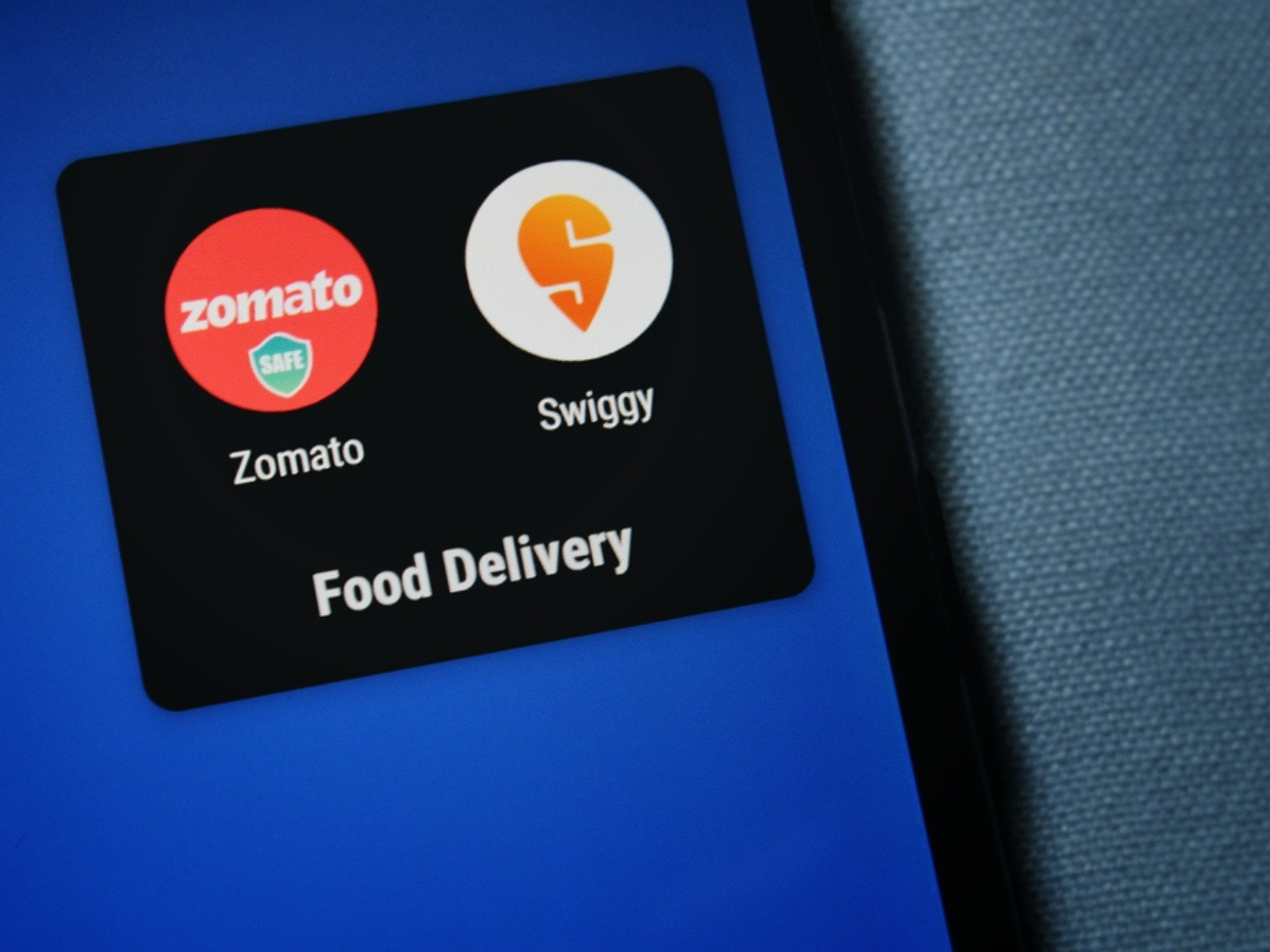Food delivery aggregators Zomato and Swiggy are planning discussions with goods and services tax (GST) authorities to explain their stance in response to recent tax notices.
Zomato and Swiggy had reportedly received notices for a cumulative goods and services tax worth around INR 1,000 Cr, as the tax authorities now view delivery charges collected by these platforms as their revenue.
Both the food delivery platforms have been asked to pay INR 500 Cr each, which is the 18% tax levied on the total amount collected by them as delivery fees ever since they commenced offering food delivery.
The foodtech majors are actively consulting with legal experts and tax consultants to explain to the authorities that the delivery fees are not treated as revenue, but rather transferred to the delivery workers, as per an ET report.
Other companies collecting similar fees from users might also be subject to tax payments on the corresponding amounts, a senior government official told ET, which indicates that the matter could carry broader consequences.
These notices are pre-demand in nature, providing the companies with an opportunity to explain their stance to the government before the issuance of a final demand notice.
However, a government official said that the delivery of food qualifies as a service subject to an 18% tax. Given that these platforms have been collecting a service fee, the official contends that they are obligated to pay the associated tax.
Starting from January 1, 2022, food-delivery platforms are obligated to collect and deposit GST on behalf of restaurants for sales conducted through their platforms. However, there remains a lack of clarity regarding the treatment of the delivery fee component in this tax framework.
In January 2022, the Centre added ‘restaurant services’ and cloud kitchens under the purview of Section 9(5) of the CGST Act, 2017, which led to the likes of Swiggy and Zomato paying 5% GST on ‘restaurant services’ they offer.
In 2016, Swiggy started the practice of implementing food delivery fees, and subsequently, Zomato followed suit by introducing its own delivery charges.
Once the standard for delivery fees was established, Zomato went on to launch a loyalty program known today as Zomato Gold. This program offers customers the opportunity to waive delivery fees by subscribing to a monthly plan, which also comes with additional perks.
Recently, Zomato has turned profitable in Q1 FY24 after multiple restructurings in its business and increasing monetisation. On the other hand, IPO-bound Swiggy also claimed to have achieved profitability in its food delivery business as of March 2023.
The post title=”Zomato, Swiggy Mulling To Approach GST Officials Over Tax Notice” href=”https://inc42.com/buzz/zomato-swiggy-mulling-to-approach-gst-officials-over-tax-notice/”>Zomato, Swiggy Mulling To Approach GST Officials Over Tax Notice appeared first on Inc42 Media.



![[CITYPNG.COM]White Google Play PlayStore Logo – 1500×1500](https://startupnews.fyi/wp-content/uploads/2025/08/CITYPNG.COMWhite-Google-Play-PlayStore-Logo-1500x1500-1-630x630.png)